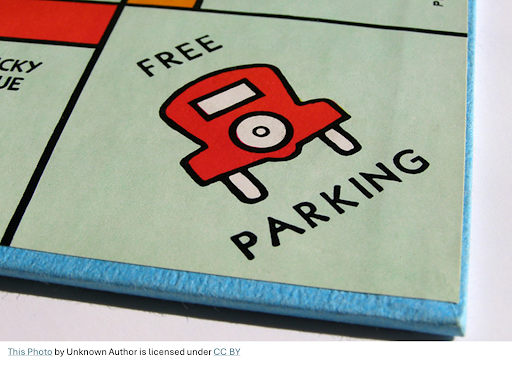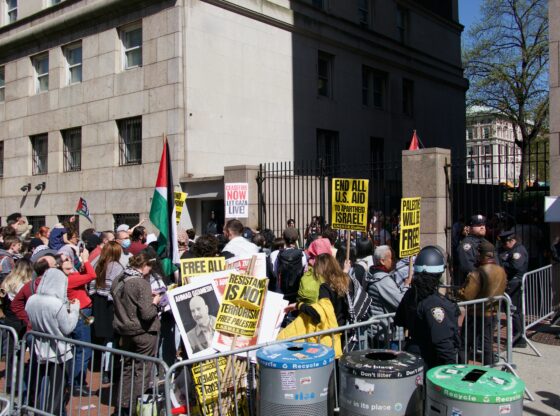We have all seen the news, read the vulgar arguments in the comments section of articles on the web and inevitably have our own opinions: climate change is real, global warming is a hoax, the ice cap is shrinking and everything can all be explained by the sun. But the hard facts and science all point to one conclusion, which is that humans are responsible for much of the climate change that has occurred on the planet over the last two centuries. This compels us to act swiftly to combat an issue much larger than politics, an issue about morality itself.
Here is the hard truth: The U.S. is the only industrialized country where there is still a debate as to whether or not climate change is occurring. Everywhere else it is accepted as an inconvenient truth of our times. Furthermore, a majority of Americans believe the science that the climate is changing, even if their legislators in Washington do not.
We need to back up from considering this like just another political issue and consider it a moral one, because it disproportionately affects the poor and future generations, neither of which have a voice in the debate. Those fortunate enough to hold a position of power have a responsibility to think about their grandchildren and those less fortunate when making broad policy decisions. Instead of considering which political groups or business interests will be advanced, we need to start thinking about what is fair, who is hurt and what our responsibility is to future generations.
Consider the basic philosophical tradition of utilitarianism. It holds that political problems should be approached by asking what decision will result in the greatest good for the largest number of people. The sad truth is that those with the least power and the fewest resources constitute the “greatest number of people” and will pay the most.
Why is this? Because climate change is not created equally; it will be most destructive in the lower and mid-latitudes as precipitation and weather patterns change. Think the Amazon Basin, the Sahel region of Africa and southeastern Asia. Hundreds of thousands of climate refugees already exist in Bangladesh, as the rising sea level has already eaten densely populated parts of their low-lying country.
In the U.S., Canada and northern Europe, the early effects of climate change may actually slightly help the economy. Longer growing seasons and milder winters may help increase agricultural output or open new lands to agriculture further north, all while the greater number of people struggle along the Equator. New York Harbor may be able to afford floodgates to help hold back the rising high tide, but the booming megacities in Asia will not.
Thinking about the morality of the global situation is crucial, but far too easy to forget. We see people struggling to get by on the other side of the railroad tracks and do nothing; imagine trying to convince us to help those half a world away. But since they do not have a voice, they do not matter, right? Right?
Something needs to change in Washington and other seats of power, and it needs to change soon. As developed nations and world powers, we need to consider our moral obligations to stand up for those who do not have a voice in the issue, and who ultimately stand to pay the most. We have the ability to improve and save the lives of millions of people, but will we choose to act on it? Only time will tell.











